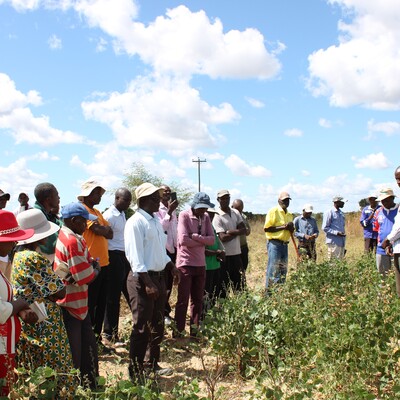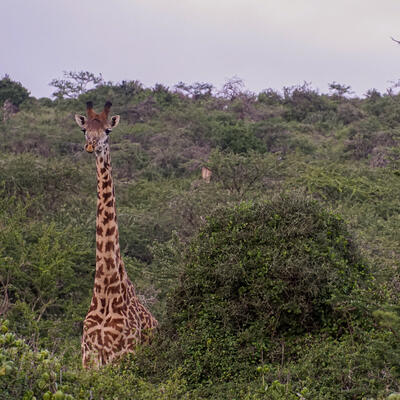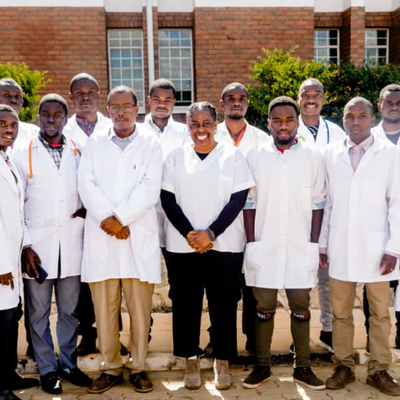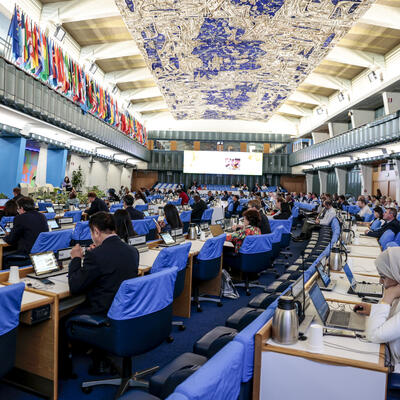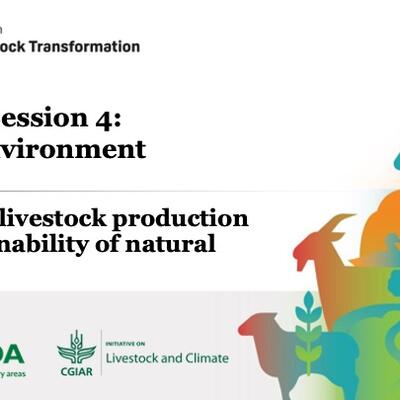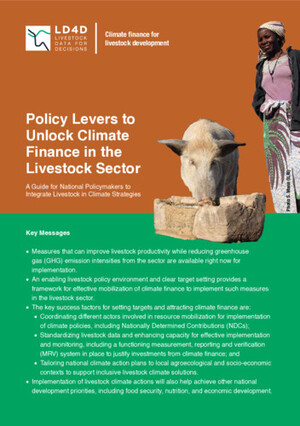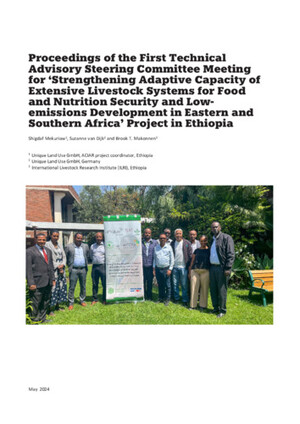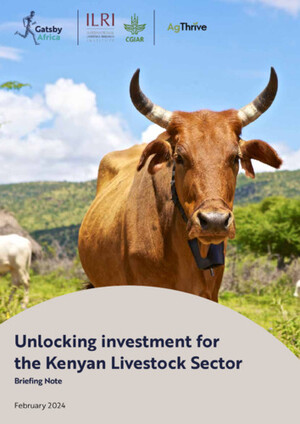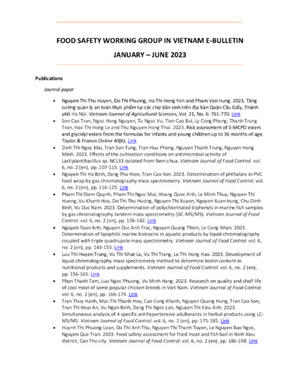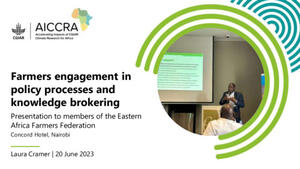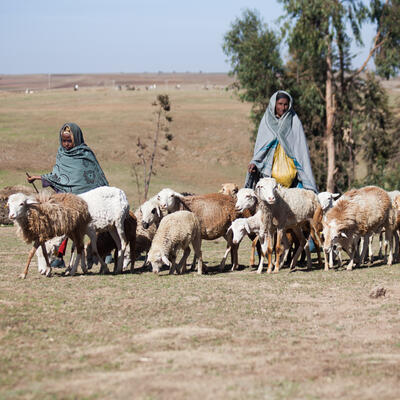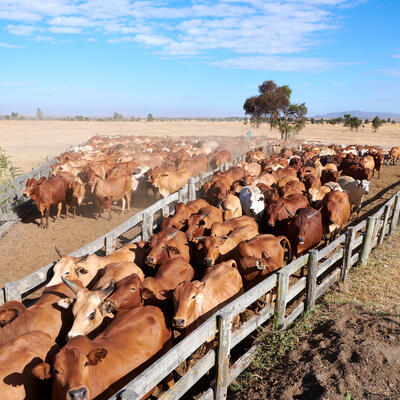
Guardian op-ed makes case that criticism of animal farming risks health of world's poorest
The Guardian newspaper published on 10 September 2021 an op-ed written jointly by Emma Naluyima Mugerwa and Lora Iannotti under the title 'Criticism of animal farming in the west risks health of world’s poorest'. The first portion follows; to read the rest, follow the link.
The pandemic has pushed poverty and malnutrition to rates not seen in more than a decade, wiping out years of progress. In 2020, the number of people in extreme poverty rose by 97 million and the number of malnourished people by between 118 million and 161 million.
Recent data from the World Bank and the UN shows how poverty is heavily concentrated in rural communities in Africa, Asia and Latin America where people are surviving by smallholder farming. This autumn there will be two key events that could rally support for them.
The first is this month’s UN food systems summit, a gathering seen as a potential turning point in generating support for more sustainable, equitable food systems. The second is the UN climate summit (Cop26) in November, where world leaders will be pressed to make major investments that will help rural farming communities adapt in the face of the climate crisis.
But it’s surprising to see that, in both arenas, a major opportunity is being squandered. Livestock farming is essential to half a billion poor families in the developing world. Yet the growing chorus of criticism directed against industrial farming in the west is threatening to undermine support for livestock everywhere – including in the developing world.
In poorer countries, most people are not factory farming. The cows, pigs, goats, sheep, chickens or camels that many families keep are often their most valuable economic and dietary assets. They serve as a hedge against the impacts of the climate crisis on their farms. They help ensure children don’t grow up malnourished.
The importance of animal products to preventing malnutrition shows how vital it is to evaluate risks and benefits. The average European consumes 69kg of meat every year, the average African 10kg. Many eat less – often far less – than that. In 2020, 149 million children under five were stunted by malnutrition. Many of those cases could have been prevented with greater access to animal-source foods.
We are an unlikely pair: an award-winning holistic farmer from Uganda and a US public health nutrition scientist. But we are united in our commitment to using our expertise to seek a more balanced and informed discussion of the very different roles of livestock around the world today.
For the rest of the op-ed, see here.
• Emma Naluyima Mugerwa is a vet and a farmer on a one-acre mixed farm in Uganda; Lora Iannotti is a specialist in child and maternal nutrition and lead author of the 2021 UN nutrition report.
Photo: At the Niamana Livestock Market, in Bamako, the largest in Mali (photo credit: ILRI/Stevie Mann).
Related Content:
The meat we eat, the lives we lift–Opinion by ILRI director general Jimmy Smith
Economist Insights (reprinted in ILRI News blog)
26 Feb 2015
Why milk, meat & eggs can make a big difference to world’s most nutritionally vulnerable people
Op-ed by Silvia Alonso
Inter Press Service News Agency
1 Jun 2018
Anti-livestock rhetoric in wealthy west impacts poor nations
Cornell Alliance for Science
Op-ed by Susan MacMillan
27 Jul 2018
Alternative meat products are not the answer for poorer countries
Op-ed by Isabelle Baltenweck
16 Sep 2019






